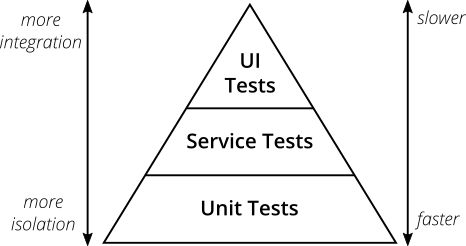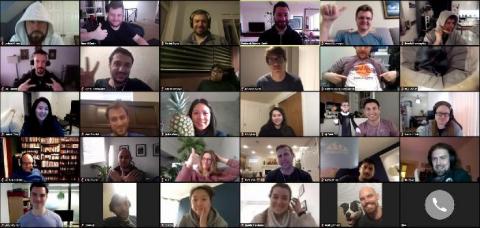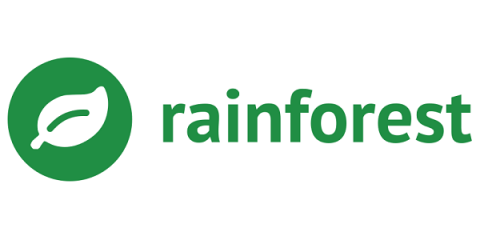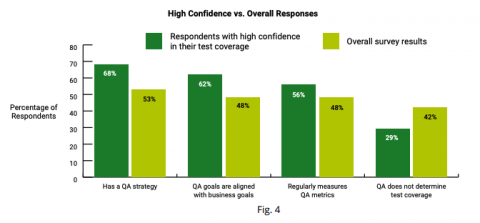The Layers of Testing Architecture
The landscape of software testing is changing. In the hyper-competitive world of technology, speed and quality are often seen as opposing forces. We are told to “move fast and break things” if we are to succeed in getting our products into the hands of users before our competition beats us to the punch. This often times means sacrificing quality and confidence in the name of getting new features out the door.








